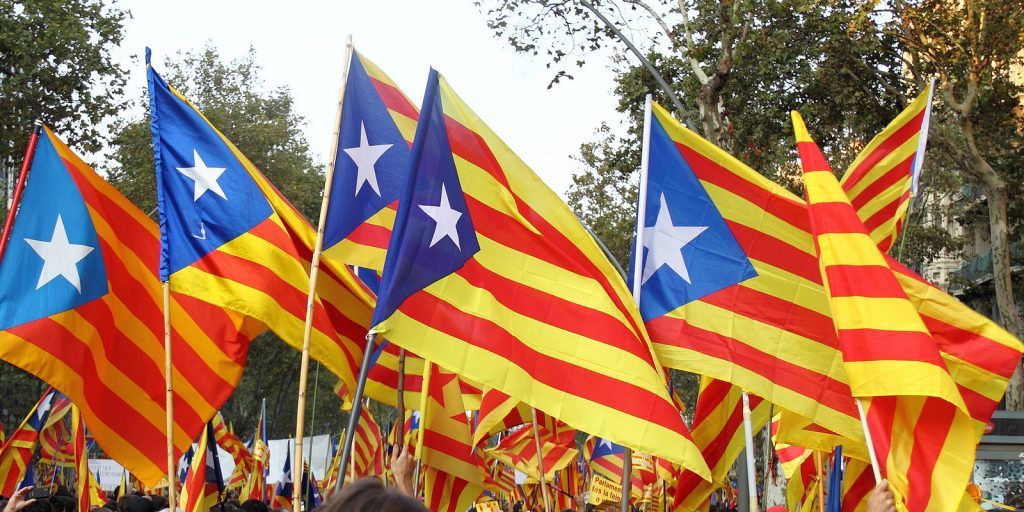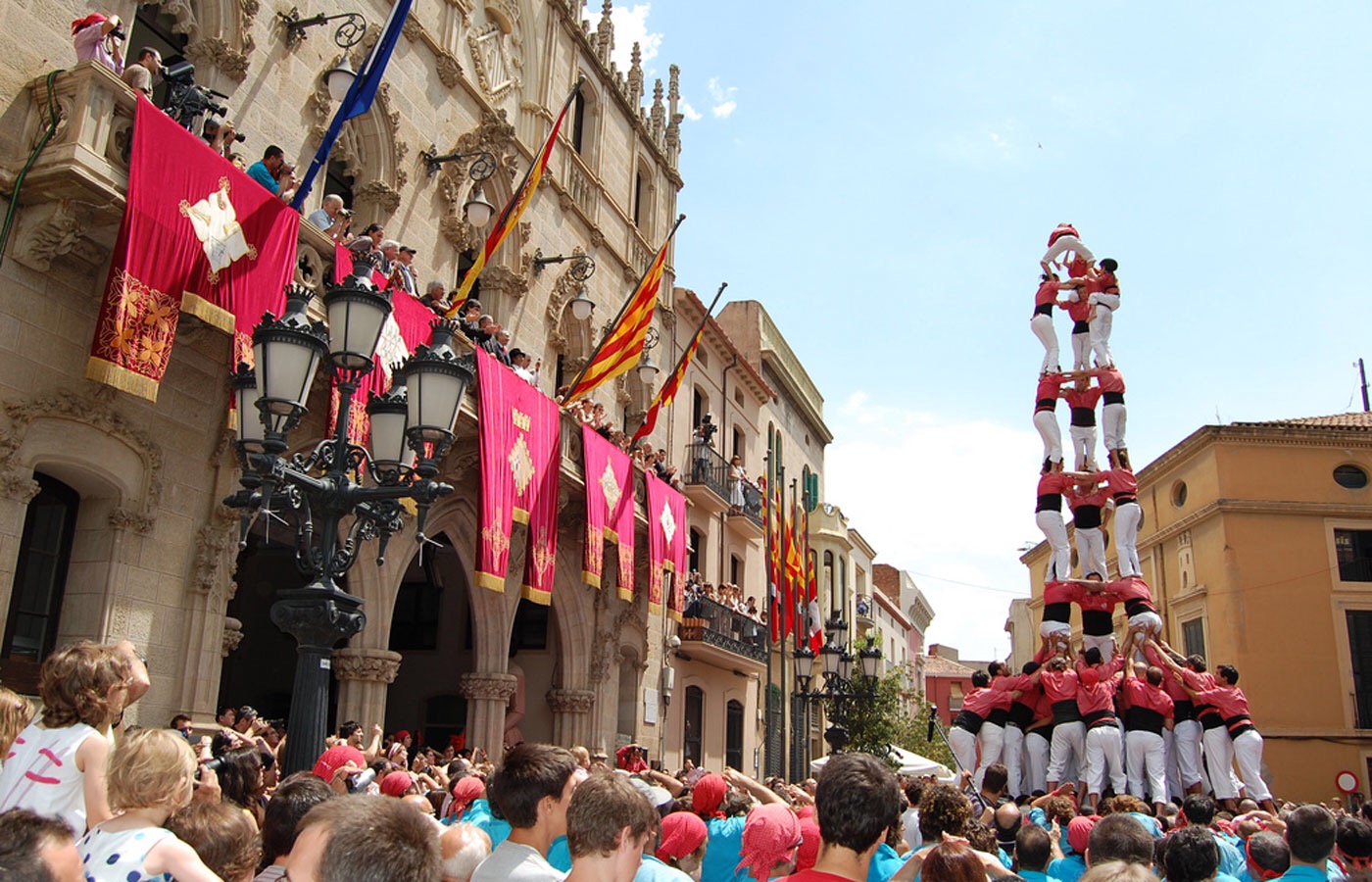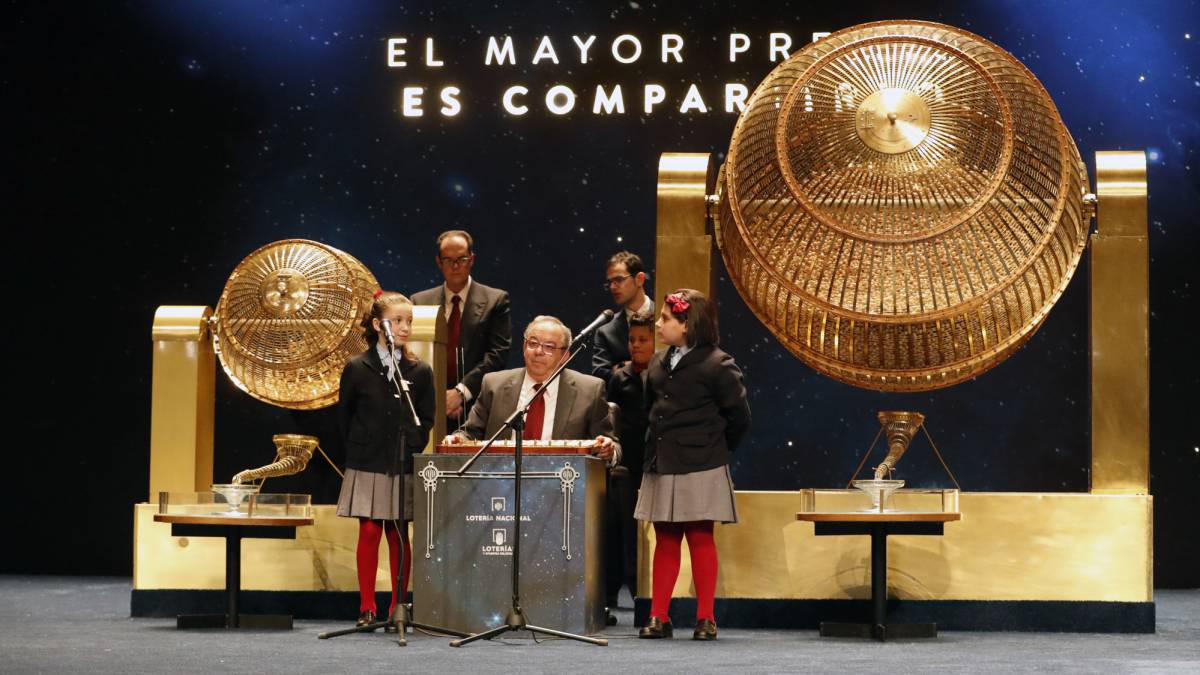Write a Post
National Day of Catalonia
| September 11 (2024) | |
| Spain |
The National Day of Catalonia, known as 'Diada Nacional de Catalunya' or simply 'La Diada,' is celebrated annually on September 11th as a public holiday in the Catalan region of Spain. The principal city in the region, Barcelona, plays a significant role in the festivities. This day commemorates the events of September 11th, 1714, when Catalan forces were defeated by King Philip V of Spain.
The history of the National Day of Catalonia dates back to the middle of the 17th century when Catalonia was a republic under the protection of France. The death of Charles II of Spain in 1700 triggered the War of the Spanish Succession, during which European nations formed an alliance to prevent the merging of France and Spain under Philip Anjou, Charles's chosen successor.
On September 11th, 1714, after a 14-month-long siege, Barcelona fell to the forces of King Philip V of Spain, marking the end of the Principality of Catalonia. The defeat led to the loss of perceived liberty and freedom as the region was fully integrated into Spain.
The National Day of Catalonia is unique in that it commemorates a defeat rather than a victory. However, the holiday symbolizes the liberties that were lost on that day and serves as a reminder to Catalans to resist oppression.
The celebration of this holiday began in the late 19th century but was suppressed during General Franco's rule from 1939. It was reinstated as a public holiday in Catalonia in 1980 following the restoration of the Autonomous Government of Catalonia on December 31st, 1979.
The National Day of Catalonia is observed through various activities. Catalan nationalists pay homage to the troops who died defending Barcelona during the siege. Demonstrations in support of independence for Catalonia are common, and festivities showcasing traditional Catalan music and cuisine are organized.

La Mercè
| September 24 (2024) | |
| Spain |
La Mercè is a local holiday in Barcelona that is celebrated annually on September 24th. This tradition dates back to 1615 when the Mercedians, a Spanish order, established this feast day to honor the Virgin Mary.
The holiday has its roots in the 13th century when Mary appeared to Saint Peter Nolasco and King James of Aragon, urging them to create the Mercedarian religious order. The order's mission was to rescue Christian captives from the Moors, even at the cost of the members' own freedom.
Over time, the Mercedarian order thrived even after the departure of the Moors from Spain. In 1615, a feast day was designated for Our Lady of Mercedes on September 24th in Spain and France.
In 1687, Barcelona faced a severe locust infestation. Desperate for a solution, the city council turned to the Virgin Mary for assistance. Miraculously, the city was saved from the plague of locusts, and Mary was declared the patroness of Barcelona. Since then, an annual festival has been held to celebrate the Virgin's intercession and honor her.
La Mercè became an official city holiday in Barcelona in 1871 when the local government organized a program of special activities to mark the occasion. It has since become a cherished tradition in Barcelona, featuring various cultural events and festivities.

Lotería de Navidad
| December 22 (2024) | |
| Spain |
The Lotería de Navidad, or Spanish Christmas Lottery, stands as a venerable and beloved tradition in Spain, renowned as one of the world's oldest and largest lotteries. An integral part of the Spanish holiday culture, this annual event unfolds each year on December 22nd.
Celebrated for its extensive prize pool, the Lotería de Navidad is a momentous occasion for many Spaniards, with a total prize fund often surpassing 2 billion euros. The coveted "El Gordo" (The Fat One) represents the pinnacle prize, capable of transforming the lives of fortunate winners. The lottery employs a distinctive ticketing system, with each ticket bearing a five-digit number ranging from 00000 to 99999.
The draw itself unfolds as a grand spectacle at Madrid's Teatro Real, captivating the nation through television and radio broadcasts. The charming "Los Niños de San Ildefonso," students from the San Ildefonso school, take center stage, melodiously announcing the winning numbers and their corresponding prizes in a traditional and rhythmic manner, infusing the atmosphere with excitement and festivity.
Beyond the allure of prizes, the Lotería de Navidad holds profound social and communal significance. Many individuals opt to purchase tickets collectively, whether within families, circles of friends, or among colleagues. Entire towns or neighborhoods often share a winning ticket, fostering a spirit of unity and jubilation.
The availability of lottery tickets spans the country in the months leading up to the draw, accessible in various outlets such as lottery shops, post offices, and online platforms. Spaniards enthusiastically partake in the Lotería de Navidad, aspiring to savor the thrill of winning a prize and infuse an extra dose of excitement into their holiday season.
